Rents Rise Despite Surging Deliveries in Denver
Growth has cooled since the metro was among the nation’s leaders in appreciation, but rents are now increasing at a more sustainable pace.
By Alex Girda
Not too long ago, Denver was among the nation’s leaders in rent growth, but it has since experienced a cooldown in appreciation. The moderating trend was due in large part to the metro’s robust multifamily pipeline, which added 21,000 units from 2015-2016. Activity was very high in multifamily investment sales as well, as about $9.2 billion in properties traded during the past 18 months. However, at a point when overbuilding is widely discussed as a potential problem, rent growth continues, albeit at a more sustainable rate, reaching 2.8 percent year-over-year in June.
Denver’s expanding employment market has attracted people in segments, including professionals in the finance and technology sectors. The metro’s wider availability of well-paying jobs and significant affordability relative to major coastal markets is driving population growth at rates more than twice the national average. The city’s growth has driven improvements in infrastructure, as the Regional Transportation District recently completed expansions into Aurora and Wheat Ridge through its FasTracks program.
Developers will continue to add inventory at a pace that is almost double the national average, with more than 25,000 units underway as of June. Demand has kept up with the high rate of deliveries through the second half of the cycle. As a result, we expect a growth rate of 2.0 percent in 2017.
Read the full Yardi Matrix report.



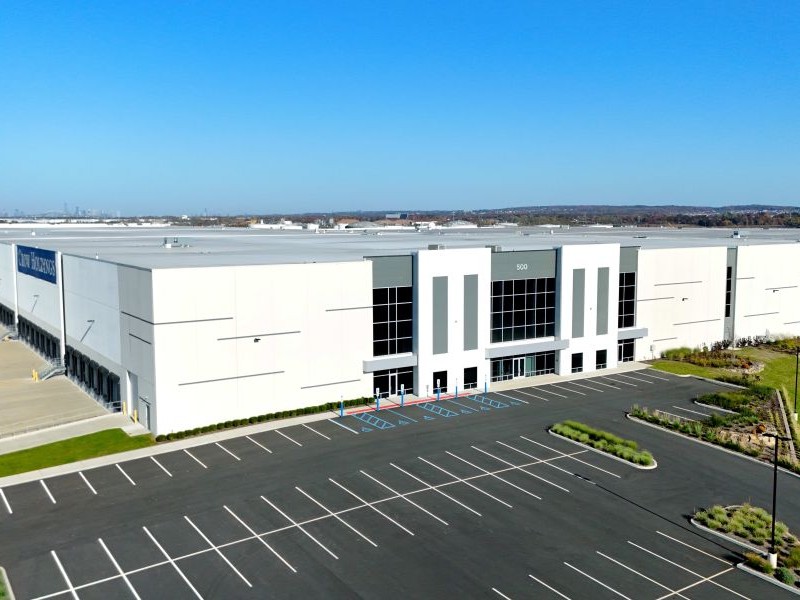
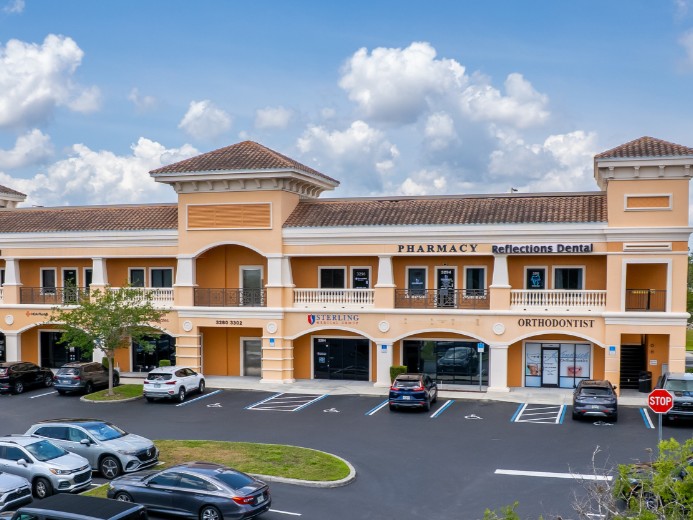
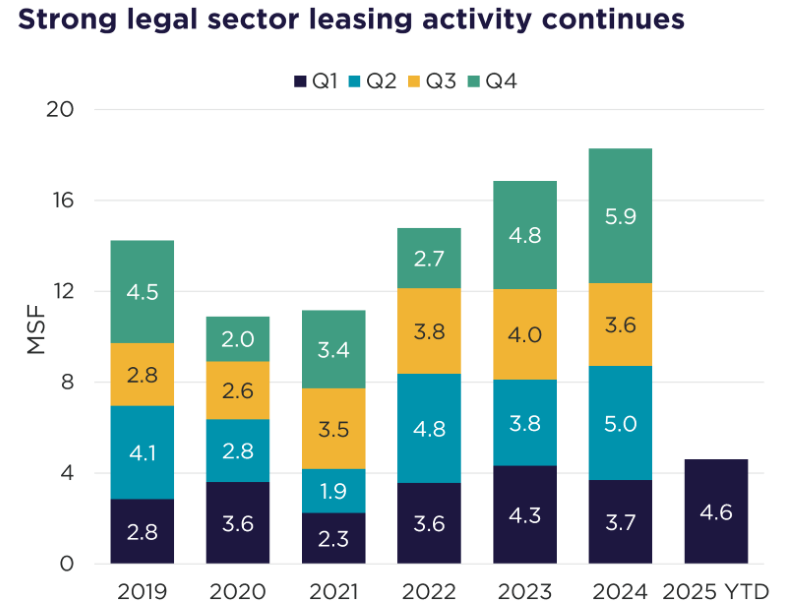
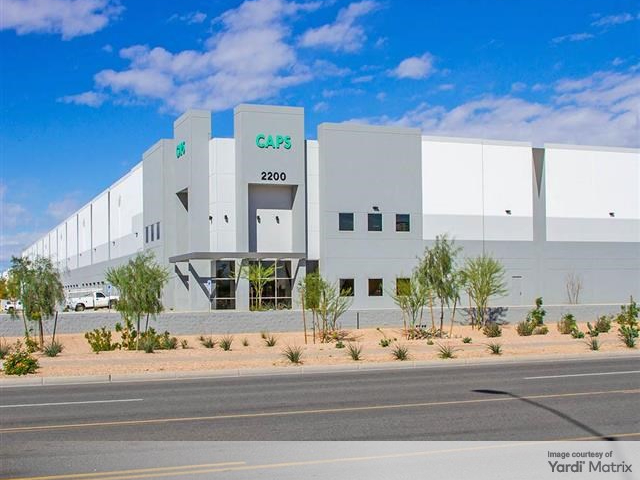
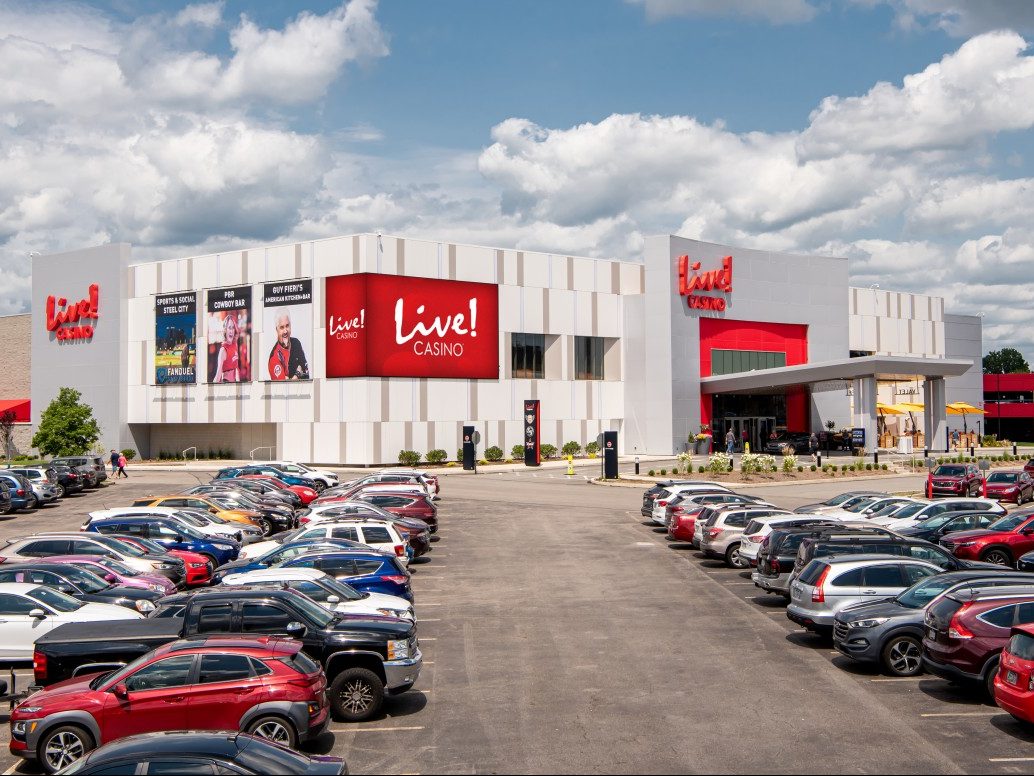
You must be logged in to post a comment.